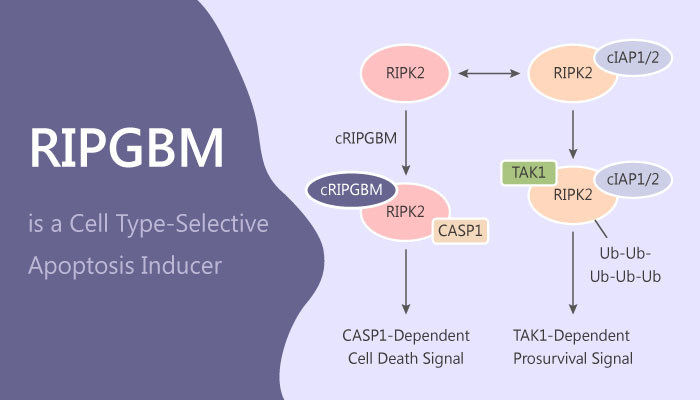Glioblastoma multiforme is the most prevalent and aggressive form of primary brain cancer. Glioblastoma multiforme is the most hostile type of brain cancer. Its aggressiveness is due to increased invasion, migration, proliferation, angiogenesis, and a decreased apoptosis. Crucially, a sub-population of multi-potent cells term glioblastoma multiforme cancer stem cells (CSCs). Usually, the cells play a critical role in tumor initiation, tumor maintenance, metastasis, drug resistance, and recurrence following surgery.
Apoptosis is a form of programmed cell death that occurs in multicellular organisms. Apoptosis is an essential mechanism, which maintains the homeostatic balance between cell proliferation and cell death. Moreover, cells activate a molecular pathway that leads them to die in case they become damaged and the cell mechanism fails to repair it in apoptosis. Of these, this process can be achieved through the activation of two molecular pathways, the extrinsic and the intrinsic pathway. Especially, both pathways lead to the proteolytic activation caspases. As a result, glioblastoma multiforme cells show intrinsic deregulation in apoptotic cell death.
In this study, Natasha C. Lucki, et al reported the identification of a small molecule, termed RIPGBM, from a cell-based chemical screen. RIPGBM selectively induces apoptosis in multiple primary patient-derived glioblastoma multiforme cancer stem cell cultures in a cell type-selective manner. RIPGBM also significantly decreases tumor size in vivo in a physiologically relevant, patient-derived intracranial xenograft mouse model.

All in all, RIPGBM is a cell type-selective apoptosis-inducing small molecule for the treatment of brain cancer.